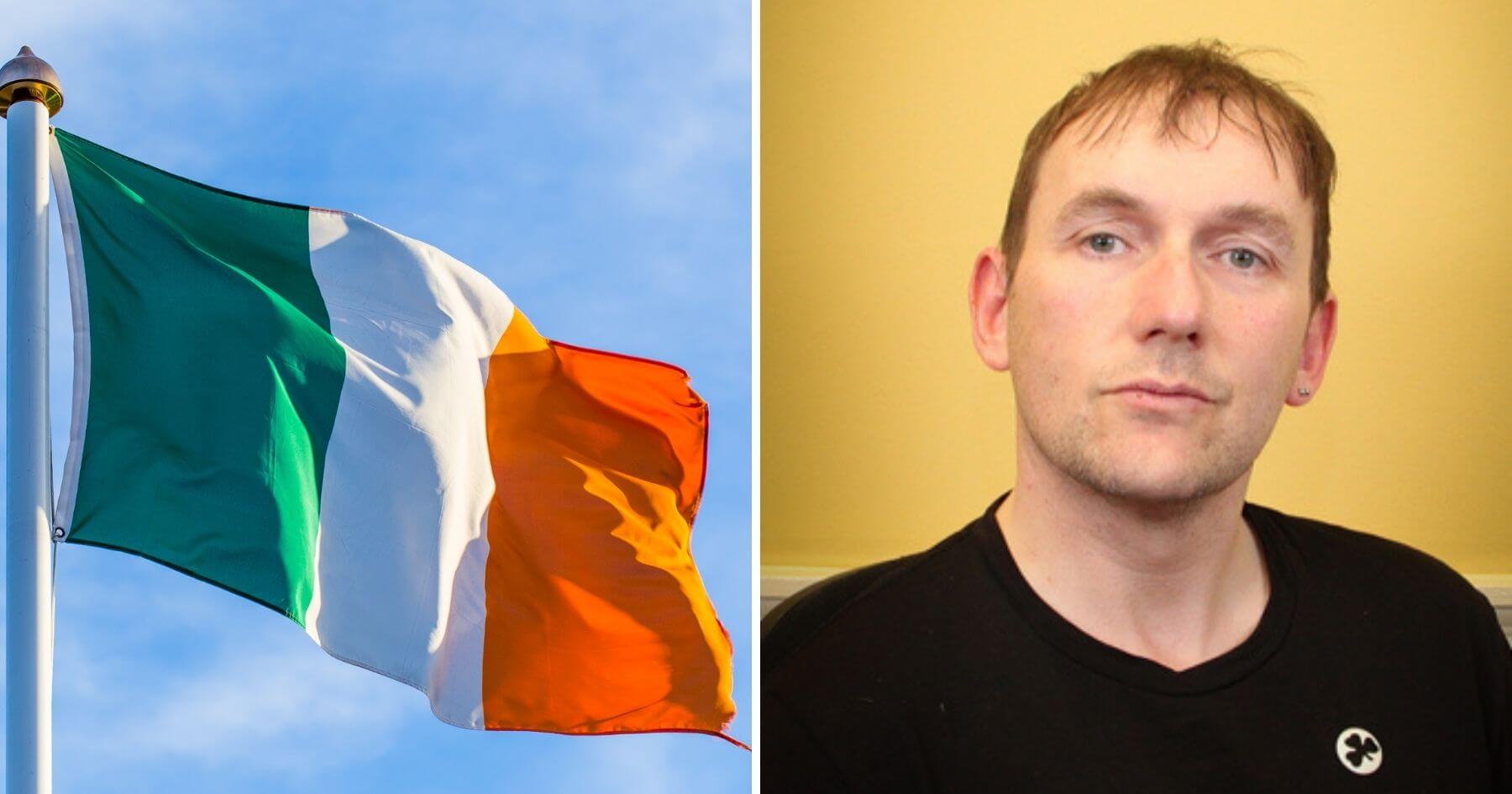A Bill that was seeking to introduce assisted suicide and euthanasia to Ireland has failed.
The Private Members’ Bill was put forward in October 2020 by Gino Kenny TD and would have legalised assisted suicide and euthanasia for any Irish citizen over 18 who had been diagnosed with a terminal illness.
The Bill has been rejected at pre-Committee Stage by the Oireachtas’ (Irish parliament) Committee on Justice who have outlined that the Bill will not be proceeding further.
This is a significant victory for the large numbers of people who have been speaking out about the dangers of euthanasia and assisted suicide – older people, people with disabilities, medical professionals, and patients with terminal illnesses.
The news has been welcomed by the Chair of the APPG for Dying Well at Westminster who tweeted, “Great news the Irish Parliament will not be proceeding with the ‘Dying with Dignity’ (aka Assisted Suicide) Bill. The Justice Committee cited “concern that this Bill could result in abuse of the sick and vulnerable” & recommended the Bill go no further”.
The rejection of Gino Kenny’s euthanasia bill follows an attempt to introduce similar legislation to Ireland in 2015, which also failed.
Lack of sufficient safeguards
The report received over 1,400 submissions, and came to the conclusion that: “The Bill in its current form was simply unworkable, particularly where fundamental elements of the Bill surrounding safeguards were identified as problematic”.
It went on, “The legal analysis demonstrated that this Bill was not fit for purpose and that new legislation would need to be designed if this topic were to be progressed further through the legislative process”.
The Irish Human Rights and Equality Commission have also criticised the Bill for lacking “adequate safeguards” and needing “significant changes”. Advocates for disability rights have strongly criticised the Bill too.
In 2013, the Irish High Court ruled in the case of Marie Fleming v Ireland that “even with the most rigorous systems of legislative checks and safeguards, it would be impossible to ensure that the aged, the disabled, the poor, the unwanted, the rejected, the lonely, the impulsive, the financially compromised and emotionally vulnerable would not avail of this option in order to avoid a sense of being a burden to their family and society”.
“Open to significant misuse and abuse”
The Bill did not include a time limit for terminal illness, only requiring that the patient be “likely to die as a result of that illness or complications” at an unspecified stage. There is no provision for mandatory psychiatric or psychological evaluation of requests for assisted suicide or euthanasia, where the patient appears to be impaired in their judgement.
The Royal College of Physicians of Ireland (RCPI) said that the Bill was “very open to significant misuse and abuse and encompasses any person in Ireland who has any chronic condition”.
Those promoting euthanasia and assisted suicide in Ireland are facing the same difficulty as advocates of assisted suicide in the UK, where large numbers of doctors, especially those working in palliative care, are opposed to changing the law on assisted suicide and euthanasia. In 2020, the British Medical Association (BMA) surveyed its members asking whether it should change its stance on assisted suicide from ‘opposition’ to ‘neutral’. 70% of doctors working in palliative care stated they were opposed to the BMA changing their stance on assisted suicide.
Majority of doctors oppose the bill
Nearly all submissions to the report from medical professionals concerned with mental health issues and palliative care opposed the Bill.
In February 2021, over 2,700 healthcare professionals signed an open letter stating that they were “gravely concerned” about the attempt to introduce assisted suicide in Ireland.
A June 2021 study that examined the attitudes and opinions of physicians in Ireland found that only 14% of physicians surveyed were in favour of introducing euthanasia into Ireland.
Just 17% were supportive of introducing physician-assisted suicide. A majority continue to oppose the legalisation of euthanasia (67.2%) and physician-assisted suicide (56.3%).
Wish to die is often transient
A March 2021 study on ageing in Ireland found that almost three-quarters of people over 50 who had previously expressed a wish to die no longer had that desire two years later.
The Irish Longitudinal Study on Ageing (TILDA), surveyed 8,174 people over the age of 50 and found that 3.5% expressed a wish to die at Wave 1 of the study. However, as the report states:
“Seventy-two per cent of these participants no longer reported a wish to die when reassessed 2 years later”.
From a choice to an expectation
The Report also explained how, in several submissions, elderly people expressed their personal reservations, and “felt that after working hard all of their lives, the prospect of this Bill being passed made them feel as if society was demonstrating that they were of little value”.
Similar arguments featured in submissions in other categories. Many stated that the consequences of enacting this legislation would result in the undermining of ‘social solidarity’ and social fabric, if assisted suicide were to eventually switch from a ‘choice’ to an expected social norm.
Many submissions also highlighted the “paradoxical and insensitive” nature of introducing an assisted dying bill in the midst of a pandemic, in which the government has continued to enact restrictions for the purported purpose of saving lives.
Expanding euthanasia legislation
One submission to the Report, “outlined the experience in Canada, where they argued that recently introduced legislation had resulted in significant impacts on palliative care. Additionally, they have seen continuous cases of non-compliance with the law and increasing cases of vulnerable, elderly people being suggested to avail of medical assistance in dying because the costs of their care is too great or their perceived quality of life is too poor”.
In the Netherlands, Canada, and Belgium, the law that permits euthanasia has rapidly expanded to include more categories of people.
Belgium legalised euthanasia in 2002 and since then, the practice has even been extended to children. The current law allows euthanasia if the patient is in a state of constant physical or psychological pain.
There is now a renewed push for euthanasia to be available for those who are healthy but have decided they have led a ‘fulfilled life’.
In the Netherlands, where euthanasia has been legal since 2002, doctors are now permitted to secretly sedate patients who have dementia before euthanising them. The law permits voluntary euthanasia for anyone over the age of 16, and children aged 13-15 can be euthanised with their parents’ consent. Last year, the Dutch government said it would be changing the regulations to allow doctors to end the lives of terminally ill children between the ages of one and twelve.
Euthanasia has been legal in Canada since 2016. In 2019 however, following the euthanising of Alan Nichols, a former school caretaker who was physically healthy but struggled with depression, the legal requirement that a person be terminally ill before administration of euthanasia was dropped.
Bill C-7, recently passed by the Canadian Parliament, intends to further extend euthanasia legislation to people with disabilities and those with mental health issues.
Catherine Robinson, spokesperson for Right To Life UK, said: “This is a significant victory for campaigners against assisted suicide in Ireland. The committee is right to highlight the potentially devastating impact this bill would have had onsome of the most marginalised groups in society”.
“But however well-intentioned, the legalisation of assisted suicide in certain circumstances will almost always inevitably extend to the non-terminally ill who are suffering, as it has in other jurisdictions. It is no coincidence that many prominent people with disabilities, plenty of disability rights groups, and many respected healthcare professionals continue to rally against such legislation, for it strikes against the very heart of the dignity and care we ought to afford to each human being”.












